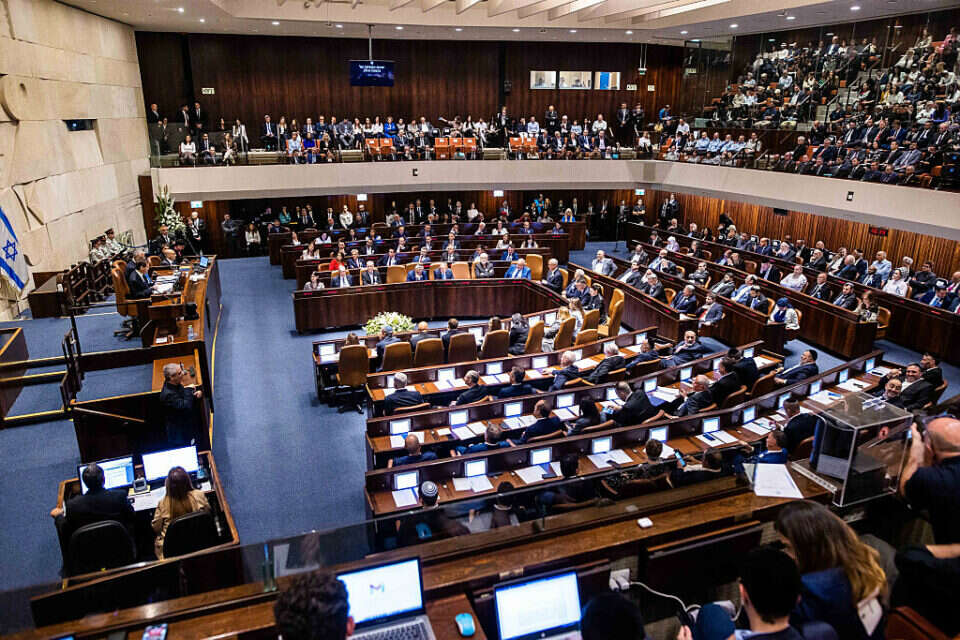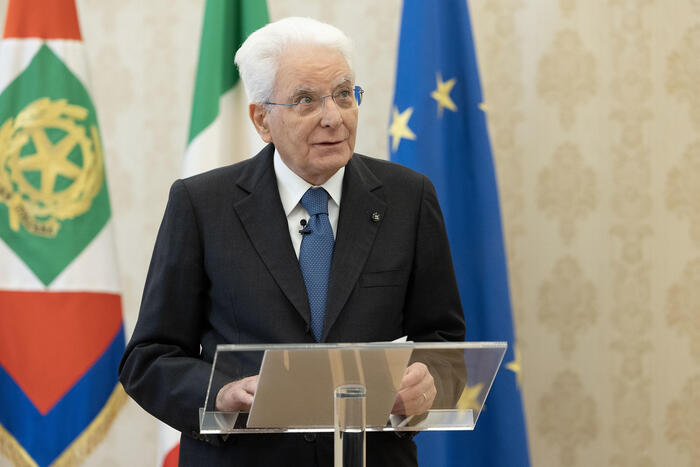Questions about the overcoming clause, appointing judges, the powers of the Ombudsman, disqualification of laws - they are all basically the same question, and the answer is of course one and only and absolute and final and is not ambiguous, unless you are in the opposite political camp.
It is not possible today to refer to constitutional questions concerning the structure of democracy without referring to the Netanyahu trial, the lettuce situation in the territories and the gas plan with Lebanon.
For the right, the dictatorship of the High Court is the abolition of democracy. For the left, the end of the dictatorship of the High Court is the end of democracy.
The left is captive to the concept of the philosopher king, the elders of the tribe.
Those who know how to distinguish between good and bad are never wrong, and their job is to decide on all areas of the citizens' lives and society.
In a world of absolute and fair values, a world of good and bad, a democratic decision is a disaster - because it could lead to the wrong result.
The concept is wrong, but the underlying fear of a majority ruling that might make a bad decision is not entirely unfounded.
The right is captive to the concept of effective populism, that a decision made by a majority of votes or by consensus is good.
In a world of changing values, rule by kings, judges, officials and philosophers is tyranny.
Here the conception, as history proves, is not wrong, but democracy has a price.
If, for example, the interest rate is set by the Finance Committee of the Knesset and not by the Bank of Israel, as Gafni suggested, we will deteriorate into a third world country within a few years.
Both sides are entrenched in their positions, and try to change the rules of the game while playing.
In August, for example, Lieberman suggested that it would not be possible to overthrow a government in the Knesset in the first two years of its term.
Today, when Netanyahu is about to receive the keys, the left bloc would call for such a dictatorial proposal.
When the ombudsman during Netanyahu's time would appeal the government's decisions, he was considered a gatekeeper. During the change government, the ombudsman was only an advisor.
During the Netanyahu era political appointments were a disaster, during the Bennett and Lapid era they are governance.
Depending on the circumstances, even the basic laws can be cast iron or plasticine - we see this in the agreement with Lebanon, for example.
So how do you solve the constitutional dilemma when not only the rules change in the government, but also the meaning of the words that make up the rules?
If we can't agree on what democracy is, how do we set rules for it?
The answer is that if we can't decide on a value - we need to go in the direction of a more basic value, a value we can agree on.
This value is fairness.
If we look at fairness as a basis for a form of government, we will be forced to arrive at the same governmental structure.
The prism of fairness is so simple that children in kindergarten can understand.
When children claim that a certain situation is unfair, they don't use concepts like "coping clause" or "reasonableness" or "substantial democracy".
So what does the fairness test actually require?
Fairness requires symmetry.
It requires placing your opponent in your position, and examining whether the outcome resulting from the rules of the game is fair.
For example: in the debate about the powers of the Supreme Court, the left should ask itself if it would have demanded the same powers if the President of the Supreme Court had been Amir Ohana, and Smotrich and Bin Gavir his deputies;
Wouldn't they have then demanded a termination clause?
If the ombudsmen and attorneys held right-wing views, and prevented, for example, social justice reforms or a peace agreement - wouldn't they demand that the majority opinion in the Knesset be imposed on those officials?
If legal authorities cannot protect the values of the right camp in a situation of role reversal, it is not appropriate to give them the power to protect any values.
Looking at the constitutional structure of the country through the prism of fairness, brings us to the following conclusions: concentration of power in the hands of consultants, officials or the court - corrupts;
The counterweight to power concentration is decentralization;
And the most decentralized power is only in the hands of the Knesset.
were we wrong
We will fix it!
If you found an error in the article, we would appreciate it if you shared it with us














